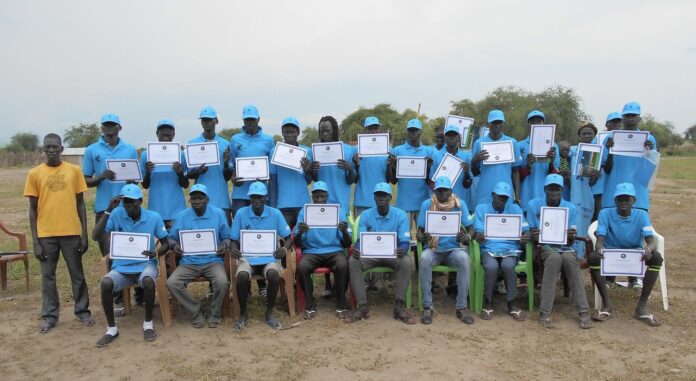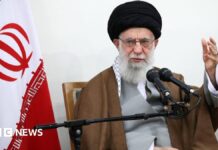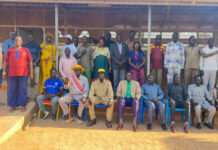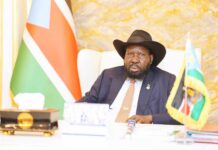By Paul Ruot Bayoch
In a region scarred by years of inter-clan violence, one young man’s courageous act is being hailed as a powerful symbol of peace and reconciliation.
On Friday, July 11, 2025, Kuel Kailech, a youth leader from the Cie-Mankhoat clan, set out on a journey that could have cost him his life. Without notifying family or friends, he turned off his phones and walked toward Wec Goak Boma—a village inhabited by the rival Cie-Bhol clan, the same group linked to the killing of his elder brother two years ago.
The two clans have been locked in a brutal feud for eight years, with 45 lives lost in recurring cycles of revenge. But Kuel’s mission was not retaliation—it was sacrifice. His goal: to offer his own life in a bold plea for peace.
Arriving around midnight, Kuel sought out Dobuol, a youth leader at a local cattle camp. “I’ve come here to be killed by your clansmen,” Kuel told him. “If giving my life will end this feud, so be it.”
Shocked, Dobuol urged him to wait until morning. At 4:00 a.m. on July 12, Kuel presented himself to the family of the man whose brother was killed by Kuel’s clan. The community gathered, expecting confrontation.
Instead, something remarkable happened. Rather than respond with violence, the Cie-Bhol youth were moved by Kuel’s humility and courage. They chose peace over revenge and requested that Kuel return to his people to help organize a joint reconciliation meeting.
A grassroots dialogue between the two clans is now in the works—without any outside intervention. Kuel’s action is more than symbolic. It is a living example of leadership grounded in humility, forgiveness, and the pursuit of collective healing.
I’ve known Kuel since 2017, when I trained him and 25 other cattle camp youth in trauma awareness under the USAID VISTAS Morning Star initiative. At the time, participants arrived armed, wary of attacks. Unlike most training programs, we allowed weapons, recognizing the trauma they carried.
By the end of the five-day workshop, not a single youth brought a weapon. That was the beginning of healing. Kuel’s decision to walk unarmed into the heart of danger is the continuation of that journey.
His courage is a powerful reminder that peace isn’t imposed—it is chosen. And often, it is those closest to pain who become the greatest agents of healing. In a country still emerging from conflict, Kuel Kailech now stands as a beacon of hope.





